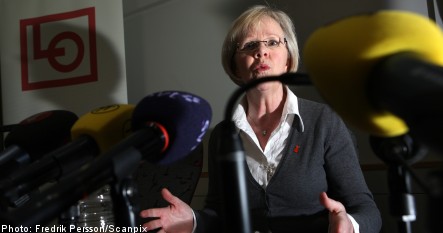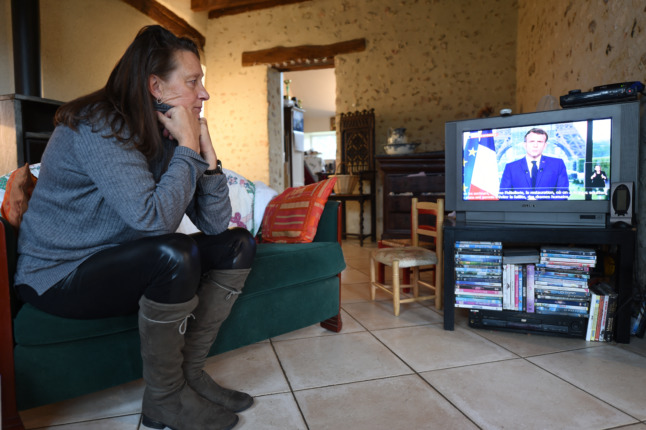According to an investigation by auditors, Elmehagen and former deputy CEO Ingvar Skeberg violated company the loyalty that comes with such high-ranking positions when they chose to move their own pension savings out of AMF funds ahead of the company’s announcement that it planned to cut payments to pensioners.
After reviewing the auditors’ findings, the board of directors concluded that “payments to Christer Elmehagen’s pension…were too large and aren’t in line with the intentions of his employment agreement. How that could have happened is the subject of further investigation”.
In the statement, the board added that results of the probe would be known by the end of the week at the earliest.
“What’s clear, however, is that Christer Elmehagen’s pension was not managed and documented in a sufficiently clear manner,” the statement continued.
“The board looks very seriously on what has happened and how it has affected savers’ confidence in AMF. AMF is a well-managed company. It’s my decided opinion that the recent events have to do with specific individuals and don’t reflect AMF’s values,” said board chair Göran Tunhammar in the statement.
The sum to be repaid by Elmehagen also encompasses what he earned by moving is private pension savings before AMF’s announced pension payment cuts.
“This is a sad chapter in AMF’s history and now we’re working harder than ever so savers can continue to have confidence in us,” the company said.
The turn of events was welcome news for Wanja Lundby-Wedin, the embattled head of the Trade Union Confederation (LO), which is co-owner of AMF, along with the Confederation of Swedish Enterprise (Svenskt Näringsliv).
Last week, Lundby-Wedin fended off calls for her resignation amid accusations she had not fulfilled her oversight role as a member of the AMF board.
The report from the accountants, however, vindicated Lundby-Wedin’s defence that she and the board had been misled.
“I’m upset over what has now been revealed to have taken place behind the backs of those of us on the AMF board,” she said in a statement.
“We must look under every stone and get to the bottom of everything that has gone wrong in order to ensure that pension savers get back what belongs to them, that those responsible are held to account, and that something like this never happens again.”
But Lundby-Wedin’s urgent demand that Elmehagen repay up to 20 million kronor was immediately criticized by Urban Bäckström, head of the Confederation of Swedish Enterprise.
“Wanja has gone out with figures which are the subject of an inquiry,” he told the TT news agency.
“We haven’t yet settled on a figure. I’m disappointed. This affects our ability to correct the mistakes. She can’t go out with figures when there’s no basis for them.”
Bäckström added that it’s clear that mistakes were made, but that the board must now defend the company.



 Please whitelist us to continue reading.
Please whitelist us to continue reading.